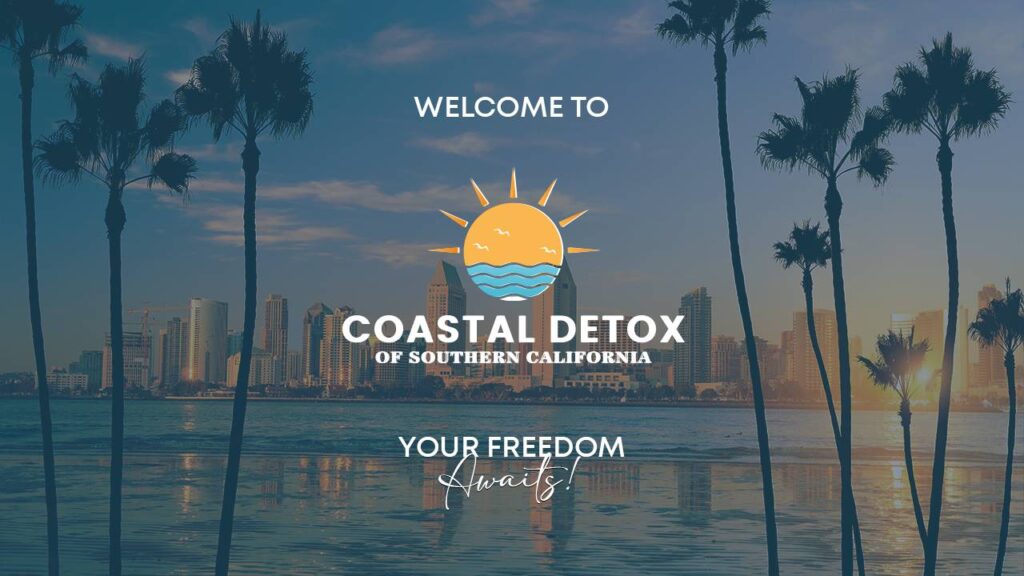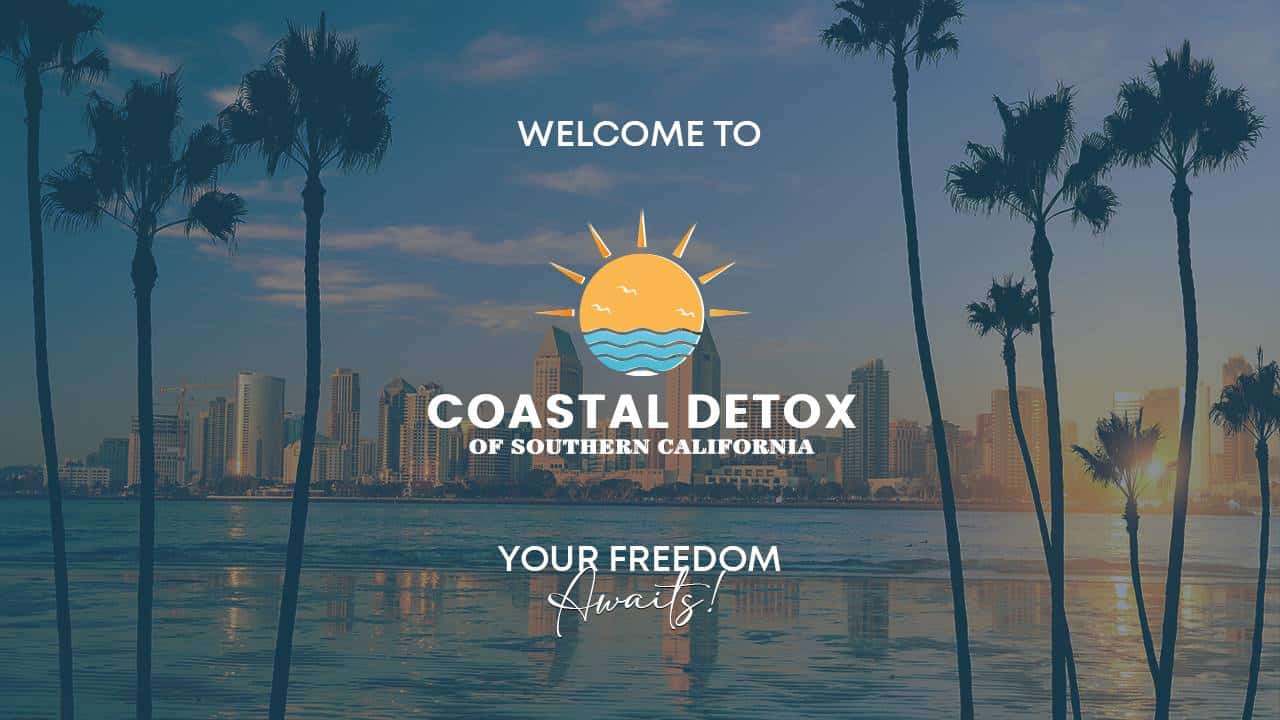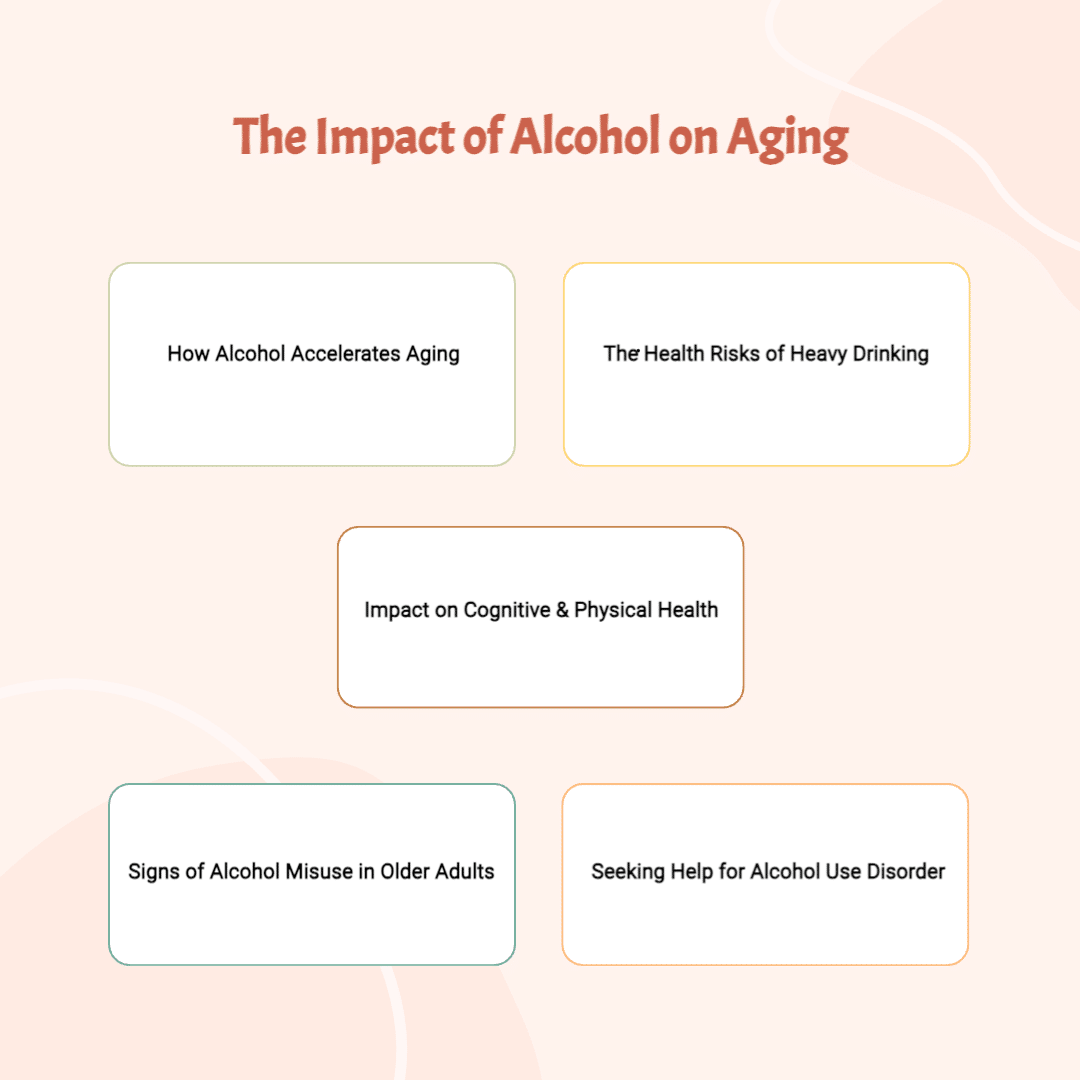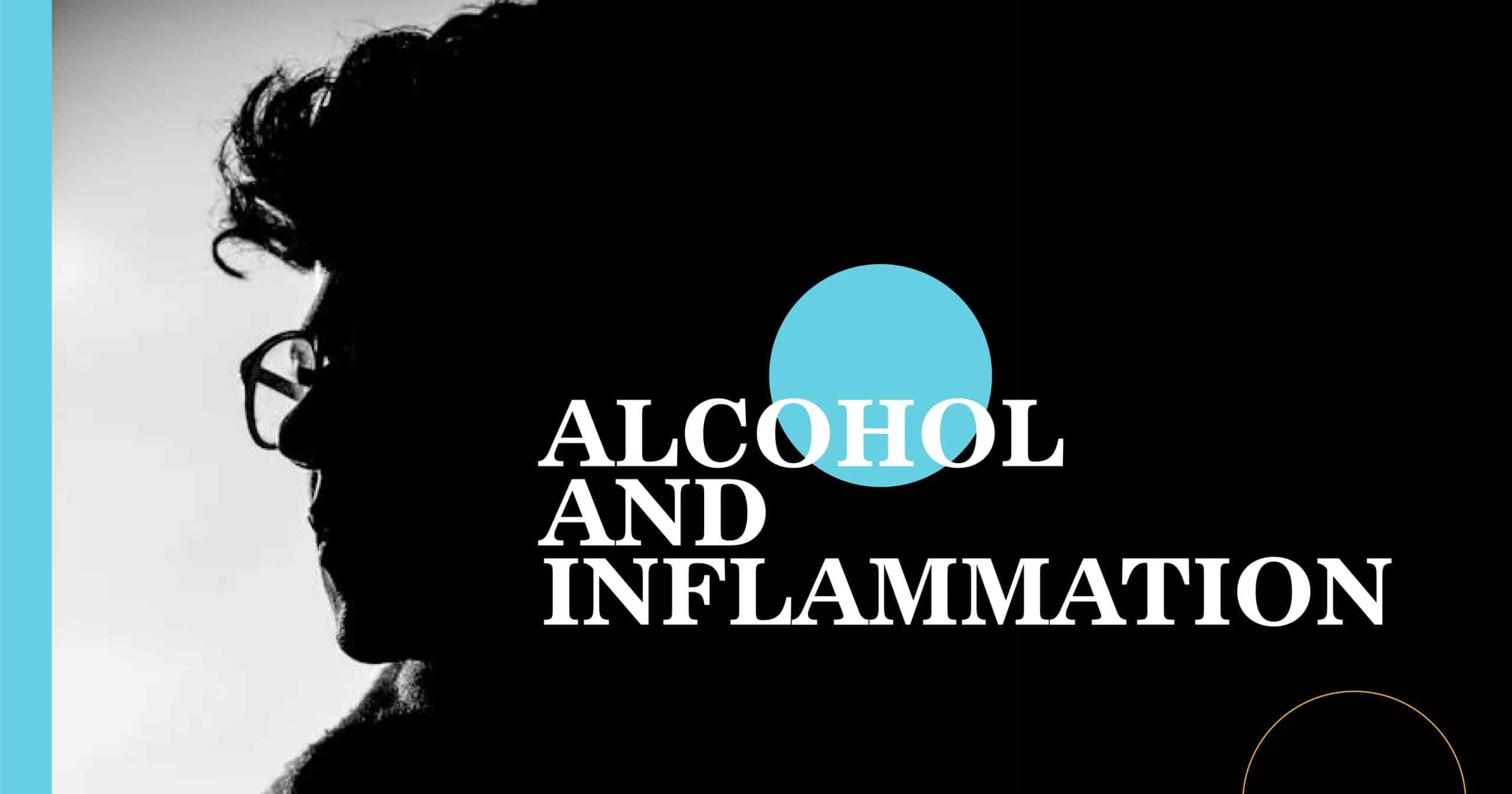Alcoholism doesn’t always look the way people expect. Some individuals maintain successful careers, relationships, and social lives while struggling with alcohol dependence behind the scenes. This is known as high-functioning alcoholism, a term that describes individuals who appear to have their lives together but secretly battle alcohol addiction.
Recognizing the signs of a functioning alcoholic is crucial for early intervention. Left untreated, high-functioning alcoholism can lead to serious health risks, emotional distress, and even alcohol poisoning. If you or a loved one is struggling with alcohol use, professional alcohol detox in San Diego may be the first step toward recovery.
What Is a Functioning Alcoholic?
A functioning alcoholic is someone who meets the clinical criteria for alcohol use disorder (AUD) but continues to fulfill work, family, and social responsibilities. Unlike individuals whose alcohol addiction visibly disrupts their lives, a functioning alcoholic might excel at work, maintain relationships, and avoid legal trouble—at least for a while.
According to NIAAA, alcoholism exists on a spectrum, and functioning alcoholics often fall into the “high-functioning” or “young adult” subtype. Research suggests that nearly 19.5% of individuals with AUD are high-functioning, meaning they can hold jobs and maintain social connections while struggling with addiction [NIH Study].
Signs and Symptoms of High-Functioning Alcoholism
Functioning alcoholics often hide their struggles well, making it difficult for loved ones to recognize their drinking problem. However, there are several red flags to watch for:
1. Behavioral Signs
- Drinking alone or in secret
- Making excuses to drink (e.g., stress relief, social events)
- Engaging in binge drinking but rationalizing it as “normal”
- Neglecting responsibilities but managing to recover quickly
- Struggling to control the amount of alcohol consumed
2. Physical Symptoms
- Increased alcohol tolerance, requiring more drinks to feel the same effect
- Experiencing mild withdrawal symptoms (e.g., sweating, shaking, irritability) when not drinking
- Drinking in the morning or throughout the day to avoid withdrawal
- Using alcohol to self-medicate for anxiety, stress, or sleep issues
3. Emotional & Mental Health Signs
- Defensiveness or denial when confronted about drinking habits
- Mood swings or unexplained irritability
- Prioritizing alcohol over self-care, hobbies, or health
- Anxiety or guilt about drinking, leading to promises to “cut back”
If you or someone you know displays these warning signs, seeking professional support—such as alcohol rehab in San Diego—can prevent the situation from worsening.
Risks & Long-Term Effects of Functioning Alcoholism
While high-functioning alcoholics may appear in control, prolonged alcohol use takes a toll on their health, relationships, and mental well-being. Over time, the consequences of alcoholism become more severe, including:
- Liver damage and risk of cirrhosis
- Increased likelihood of alcohol poisoning and blackouts
- Worsening mental health issues, such as anxiety and depression
- Strained relationships with family, friends, and colleagues
- Higher risk of developing chronic diseases like high blood pressure and heart disease
For a deeper look into how alcohol affects the body, check out:
Why Choose Coastal Detox of Southern California Located in San Diego?
If you’re searching for alcohol detox in Southern California, Coastal Detox SC provides evidence-based, holistic treatment in a calm and private setting. Our San Diego location offers:
✔ A peaceful recovery environment near the California coastline
✔ 24/7 medical supervision for safe detox
✔ Holistic therapies, including nutrition support, yoga, and mindfulness
✔ Comprehensive dual diagnosis care for co-occurring disorders
For individuals in San Diego, Orange County, and surrounding areas, residential treatment at Coastal Detox SC provides a structured, supportive environment for recovery.
Take the first step today. Call us now or fill out our confidential form to learn more about our evidence-based alcohol treatment programs.












